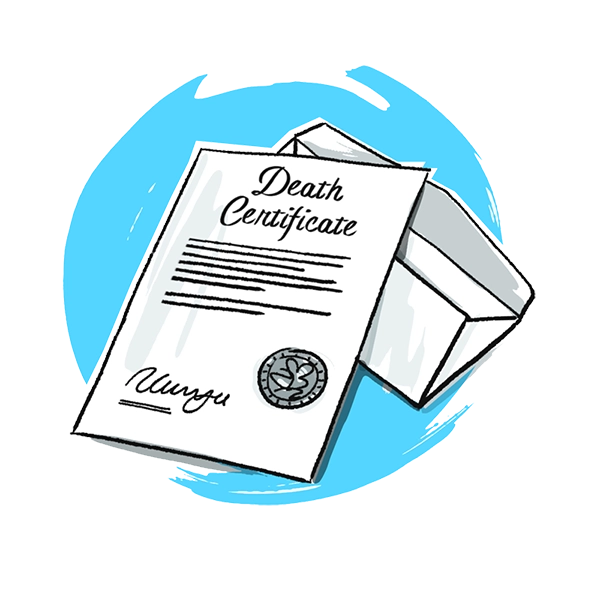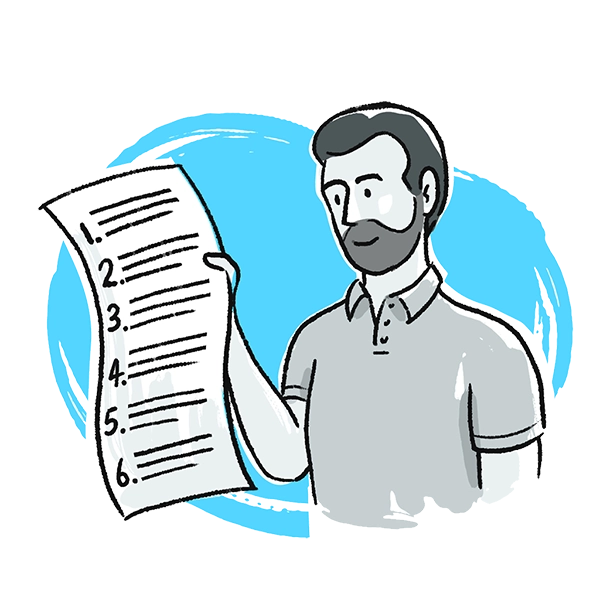Part 2
How do you get a death certificate in the UK?
A death certificate can be purchased from the register office after you register a death. In England, Wales, and Northern Ireland, deaths must be registered no more than five days after the person died. In Scotland, the death must be registered within eight days. Registering a death is always free, but the death certificates will cost £11 per copy.
To register a death, you will need to make an appointment with a register office. If your loved one died in England or Wales, this should be the register office that is closest to the place where they died to avoid any hold-ups. In Scotland and Northern Ireland, the location of the register office doesn’t matter. If you are unsure where the register office is that you need to visit, there is a service on the government website that will find one for you (https://www.gov.uk/register-offices).
There are several important documents that you should bring with you to the register office to avoid any issues. You must have the deceased’s medical certificate, which contains details about their death and will have been provided by a doctor or GP. You also need a form of identification for yourself, so that you can prove that you have some relation to the person who died.
At the register office, you might be required to give some information about the person who died, so it would also be useful to have some of their documents with you, such as their driving license, passport, birth certificate, marriage certificate, proof of address, or any other important document containing personal information that you can find. The information that you might need in order to register the death includes:
- The person’s birth name and their full name at the time of their death
- Their date and place of birth
- Their last address
- Their last occupation
- The full name of their spouse or civil partner
- Any details about a state pension or any state benefit they received
The appointment should only take around thirty minutes and you will be given the death certificate immediately. However, sometimes register offices can be busy and appointments may need to be made days in advance. Therefore, you should phone the register office as soon as possible after the death to make an appointment so that you are able to get it registered within five days, or eight days if you are in Scotland.




